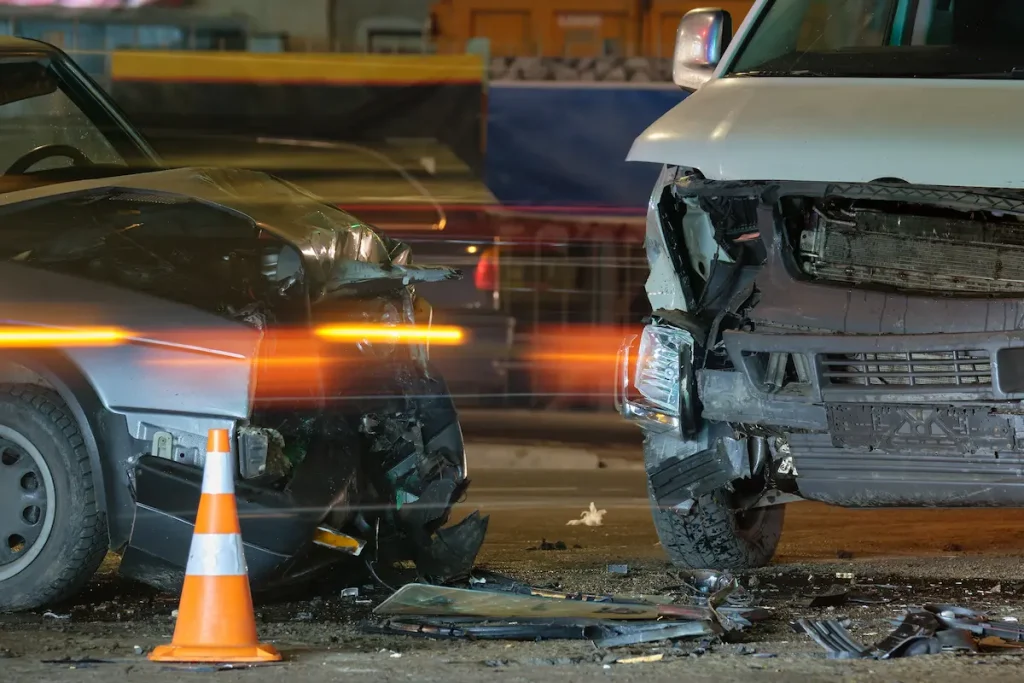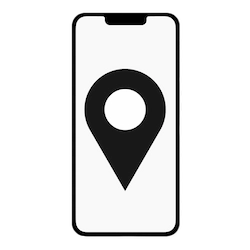What to Do After a Car Accident?
A Comprehensive Guide for What to Do After a Car Accident for Victims
Accidents, even minor ones, can be traumatic and confusing events. Knowing the proper steps to take immediately after an accident can significantly impact your physical, emotional, and financial recovery. This guide provides clear directions on what you should do following a car accident.
1. Ensure Safety First
- Move to Safety:
- If your vehicle is drivable and safe to do so, move it out of the traffic flow. If moving the vehicle isn’t possible, remain inside with your hazard lights on until help arrives.
- Check for Injuries:
- Before assessing any property damage, check yourself and all passengers for injuries. If anyone is hurt, call 911 right away
2. Call the Police
Regardless of the accident’s severity, it’s always a good idea to have a police report. This document can be invaluable when dealing with insurance companies and potential legal actions.

3. Exchange Information
Exchange the following details with the other driver:
- Name, address, and phone number
- Insurance company and policy number
- Driver’s license and license plate number
- Make, model, and color of the vehicle
- Location of the accident
Remember, it’s crucial not to discuss who was at fault or make definitive statements about the accident.
4. Document the Scene
- Take Photos: Use your smartphone to capture images of the vehicle damages, license plates, and surrounding environment, such as road signs or traffic signals.
- Seek Witnesses: If there are any witnesses, get their contact details. Their testimonies can be essential in clarifying the sequence of events.
- Make a Quick Sketch: If possible, sketch out the accident scene, indicating vehicle positions, directions, and any other significant details.
5. Seek Medical Attention
Even if you feel okay, some injuries may not manifest symptoms immediately. It’s crucial to consult a healthcare professional after an accident. Their evaluation can ensure your health and serve as evidence if legal actions arise.
6. Notify Your Insurance Company
Contact your insurance provider to report the incident. When discussing the accident, be honest, but avoid making assumptions or admitting fault.
7. Keep Detailed Records
Maintain a dedicated folder or digital file for:
- The police report
- Medical evaluations, treatments, and bills
- Repair estimates and receipts
- Communications with your insurance company and other relevant parties
8. Be Cautious with Early Settlement Offers
Your insurance company may present a settlement offer quickly. While it might seem tempting, it’s essential to understand the full extent of your damages before accepting. Consider discussing any offer with an attorney first.
9. Consider Consulting with an Attorney
A qualified attorney can:
- Help you understand your rights
- Assist in navigating the complexities of insurance claims
- Evaluate the actual value of potential compensation
- Advocate on your behalf in court, if necessary
10. Be Aware of the Statute of Limitations
Each state sets a time limit for filing a lawsuit post-accident. For many states, this is two years from the accident date, but it’s vital to verify based on location to ensure you get all the potential legal remedies.
Conclusion
While car accidents can be disorienting, taking the proper steps in the aftermath can substantially aid your recovery process, both medically and financially. Always prioritize your safety and well-being; when in doubt, don’t hesitate to seek professional guidance.
